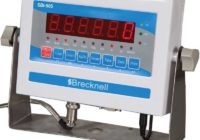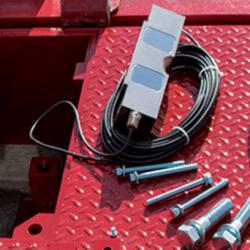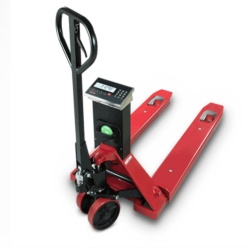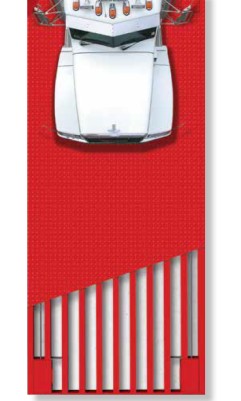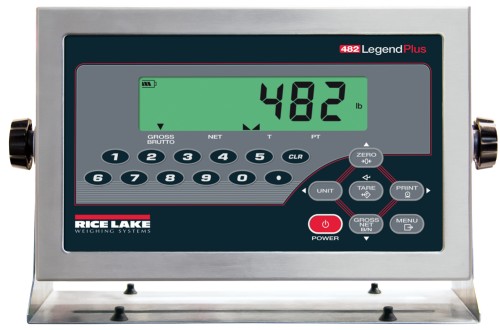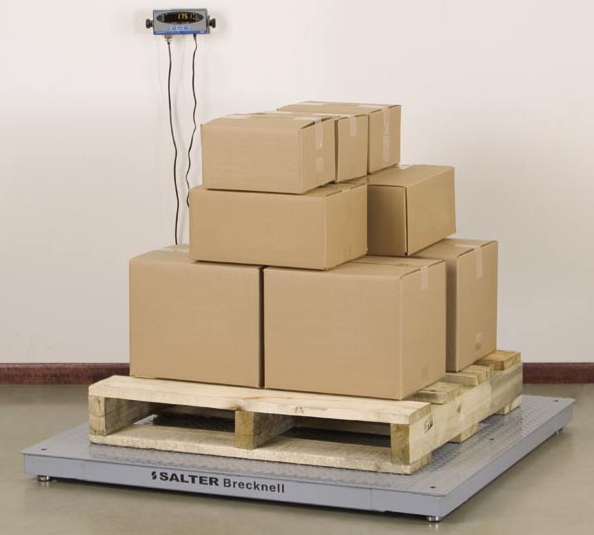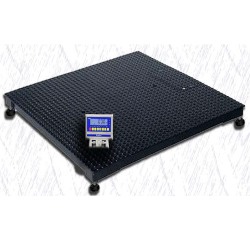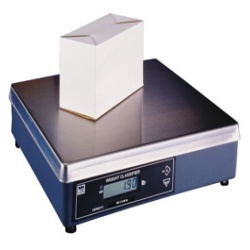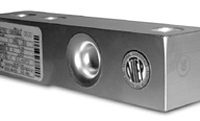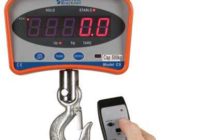Top 5 Tips for Accurate Scale Readings
Accuracy is obviously a very important goal with all weighing equipment. There are several things that you can do to assist with making sure your weighing devices are providing accurate readings throughout the year. Use the Correct Type of Scale for your Application There are many different types of scales that are available. For example… Read More »
